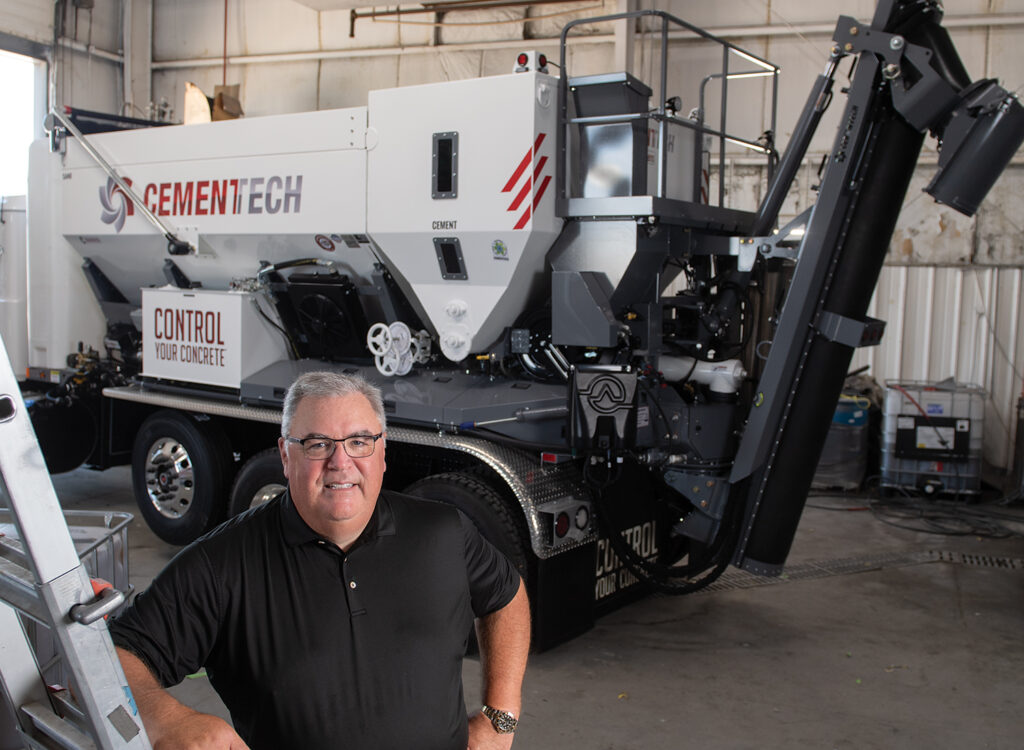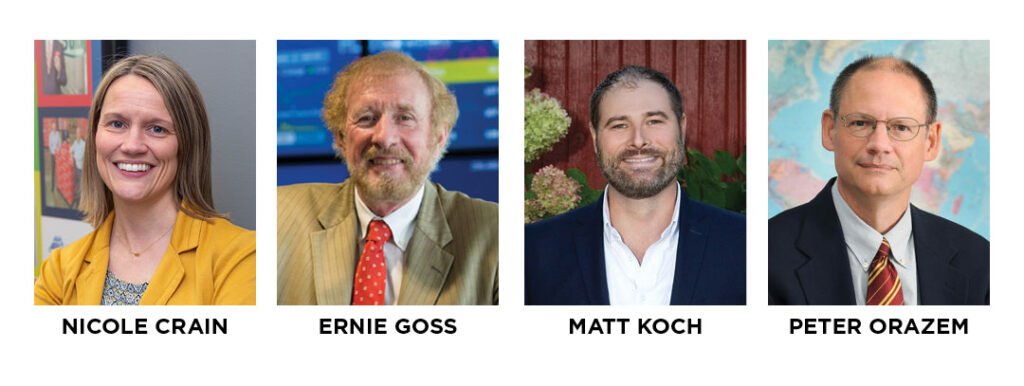Under new brand, MercyOne works to develop a unified culture
Five key outcomes emerge from systemwide assessment

JOE GARDYASZ Mar 20, 2019 | 1:52 pm
4 min read time
838 wordsBusiness Record Insider, Health and WellnessIt will take several years before MercyOne’s new branding is fully rolled out throughout the health system’s territory, given its more than hundreds of care locations across Iowa. Similarly, establishing a single cohesive culture from what has been numerous systems will not take place overnight, say its leaders.
Effective Feb. 1, Mercy Health Network rebranded itself as MercyOne. The regional health system, which was formed in 1998 under a joint operating agreement by two of the largest Catholic health systems in the country, employs more than 20,000 health care professionals and employees, the majority of them in Iowa.
As part of the rebranding effort, the real foundational work behind the scenes has been the messy process of unifying some 16 separately branded organizations — each with its own strategic plan — under one cohesive, systemwide strategic plan. Not to mention the process of whittling down more than 50 performance measures that had been used by the organizations to five key results that have been adopted systemwide.
“It really was a process of co-developing what we across the state are going to be known for as this combined organization,” said Janell Pittman, MercyOne’s chief marketing and digital strategy officer. “And to do that we were very deliberate. Leadership was certainly involved in setting the direction that involved all of the senior leaders from across the state, and coming up with what are the culture shifts we need to put in place to move this organization forward in the direction we want it to go.”
The process involved essentially every manager and leader from across the organization providing input and feedback in creating a first-time systemwide strategic plan, Pittman said.
“So if you think about our colleagues who have been here for decades, this is very new, because they’ve been very used to working in Sioux City, or in Dubuque, and with one of the [two] parent companies,” she said. “So to come together and actually keep them involved and engaged to help us develop what our culture should look like” was critical.
Through that process, MercyOne developed five cultural beliefs: be one; own it; innovate; personalize care; and improve daily. From those beliefs, the teams developed a new set of five key results: consumer experience; team engagement; quality; ambulatory growth; and sustainable growth and efficiency.
As a tool for sharing recognition of co-workers who best exemplify those beliefs, MercyOne employees are given 3-inch by 5-inch “Focused Recognition” cards on which they can record examples they’ve observed in co-workers to share at daily team huddles.
The huddles have been in place for some time in all MercyOne locations, but the discussions will now center specifically on those five key results, said Karl Keeler, president of MercyOne Des Moines.
“So it’s looking at those things every day, every shift, around our cultural beliefs that are [tied to] key results,” Keeler said. “So how did we do from a quality perspective? What did we do that day? And how did it effect improved quality? And what did we do that helped from a patient experience [perspective]?”
MercyOne’s cultural review is also taking a deep dive into what makes its leaders tick. The entire executive leadership team has begun a 360-degree review process with their peers, with a twist from the usual anonymous feedback that’s given. With these fully transparent reviews, all of the feedback is provided directly to the reviewed executive — preferably in person and as a group.
“It has been a very different process,” said Keeler, who compared it to a group intervention that’s admittedly uncomfortable. However, there’s value in the transparency, he said.
“People are recognizing the vulnerability in that; they’re recognizing the leaders’ commitment to the culture work. And it’s really reinforcing for their teams the importance and the expectation of asking for feedback,” he said. “This is just the beginning — that same work will be going out to the senior leadership teams in the markets and carrying that transformative experience forward.”
Mercy Health Network worked with Denver-based Monigle, one of the leading brand agencies in health care, for research and development assistance leading to its new MercyOne brand. MercyOne also worked with West Des Moines-based marketing agency Strategic America for publicity work and with ITA Group for organizing employee events prior to and following the brand launch.
Mary Cownie, MercyOne’s chief of staff, said that as the health care industry continues to evolve, potential market disruptors such as Amazon, Google and JPMorganChase are upping the ante for conventional health systems like MercyOne.
“It’s keeping us on our toes to think about: What do consumers want?” she said. “And how can we be on the forefront of being able to deliver that? We’ve been transparent with our colleagues about that as part of the culture work. And that builds the case for why one of our cultural beliefs is ‘innovate,’ so that we have 20,000 colleagues thinking about how are we going to innovate — and there’s a lot of power in that.”









